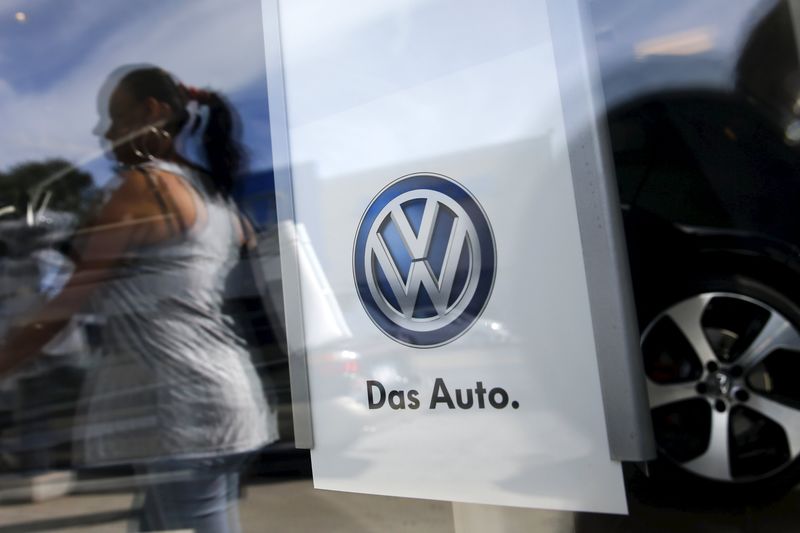Volkswagen to Shut Down Its Factories in Germany, Thousands of Jobs at Risk
Volkswagen AG (ETR:VOWG_p) is reportedly preparing to close at least three factories in Germany, according to a statement made today by the chairman of the company's works council. This move could lead to the dismissal of thousands of employees. The specific factories that will be affected have not yet been disclosed. This decision follows Volkswagen's announcement at the beginning of September that it would end its job security program, which had been in place since 1994 and aimed to prevent layoffs until 2029. The termination of this program is linked to the increasing competition from Asian manufacturers.
The German union IG Metall had previously indicated several factories that might be impacted by Volkswagen's job security program ending. Among these are the facilities in Osnabrueck and Dresden, which analysts suggested as potential closure targets. All mentioned factories, except for the one in Kassel, Hesse, and the one in Dresden, are located in the northwest state of Lower Saxony.
The Brunswick plant, Volkswagen's oldest factory employing around 7,400 workers, produces various components and has been manufacturing batteries for Volkswagen's electric vehicles since 2019. The Emden plant, which employs over 8,000 people, is known for producing models such as the VW Passat and the electric ID.4. The Hannover factory has approximately 14,000 employees and is recognized for assembling T-Series vans and Amarok pickups.
Kassel, the largest employer in northern Hesse, employs about 16,500 workers and is noted for producing over four million transmissions annually for various brands within the Volkswagen Group. The Salzgitter plant, employing around 7,500 people, is shifting its focus to the manufacture of electric vehicle components and plans a €2 billion investment to become the group's main battery cell factory.
Wolfsburg, the heart of Volkswagen's production network and the company headquarters, employs approximately 70,000 people and produced nearly half a million vehicles in 2023, including the popular VW Golf. The Dresden plant, with a workforce of 340, has transitioned to producing electric vehicles and is currently focusing on the ID.3 model.
The Osnabrueck factory, which specializes in small-series production, particularly in convertibles and roadsters, employs 2,300 people. However, the decision to produce Porsche's next-generation Cayman and Boxster models at the Stuttgart-Zuffenhausen plant, along with Volkswagen's plan to cease T-Roc Cabriolet production next year, poses a potential challenge to the future of the Osnabrueck facility.
The upcoming factory closures and job cuts at Volkswagen reflect broader challenges faced by the automotive industry as it transitions to electric vehicles and adapts to global competitive pressures.


